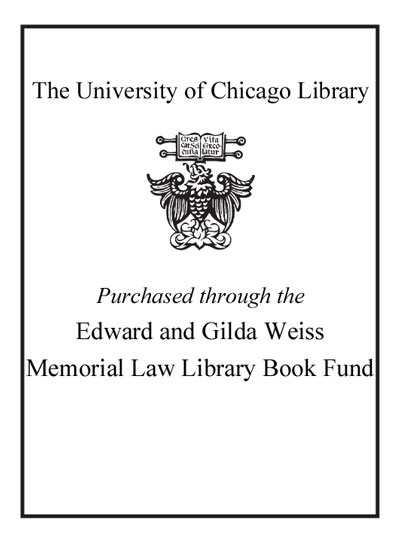Review by Choice Review
Ninet (law, Univ. Ramon Llull; Spain) has written a theoretical work on law and politics. He believes in "the undemocratic nature of constitutions in general"; their role is "to coerce the freedom of the people." He argues "that current constitutional legitimacy is ultimately based on violence." Further, "Revolutionary US and French constitutionalism ... have been conditioned from birth by extreme violence." It is not new to note that constitutions constitute a check on popular majorities. Moreover this work ignores the peaceful negotiation of the US constitution, its peaceful ratification, and its continued acceptance by American citizens. True, the ultimate means of enforcement of law is state sanctioned violence, but this "structural" violence is not a new discovery. It has nothing to do with the violent American Revolution against British control. Relying heavily on critical theorists such as Jacques Derrida and Michel Foucault, this work makes passing references to human rights in sometimes nonsensical prose. The author writes, "There is no contradiction between democracy and human rights." When human rights mandate nondiscrimination, it contradicts majority opinion otherwise. Summing Up: Not recommended. D. P. Forsythe emeritus, University of Nebraska
Copyright American Library Association, used with permission.
Review by Choice Review

